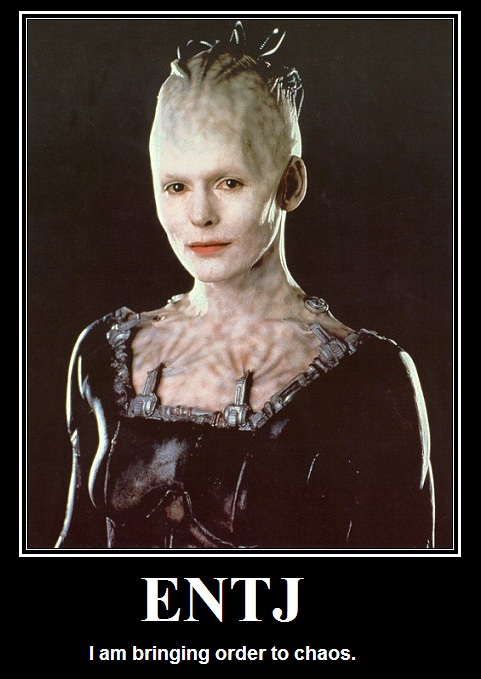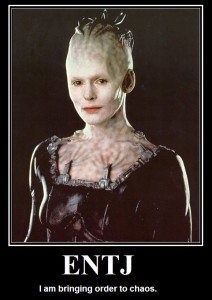A Compass or a Map?
The above TED talk from Joi Ito has reminded me of a recently intriguing period of time at work. A few weeks ago at work everyone employee in the IT department was asked to take a DiSC profile. For the sake of simplicity the DiSC is variant of the Meyer’s Briggs test, and similar to the Primary Colors test I was so fond of when I was in my High School Outreach program. I get a similar Meyer Brigg result every time I take one.
This test comes at a very interesting time when all new initiatives have been put on hold because of trust issues between what the business wants and what IT has been delivering. Just for reference sake I’ve only worked here for a few months, so the issues precede my arrival. A coworker of mine was particularly intrigued by his results and decided to share the section about how he should work with others. I thought perhaps I would too.
The resulting conversation was more insightful than I wanted to give any sort of personality test credit for. While I scored somewhere in the neighborhood of “I think I can do that!” and my coworker landed in a much steadier category with a focus on precision. I’ve learned a lot from this coworker, and I am thankful for the time I’ve spent slowing down and paying more attention to what his opinions are. He’s helped me understand the value in double-checking my work in my head, and doing a little research before I start offering up my time to research possible solutions.
I was surprised when during the course of conversation we reached his definition of engineering, vs. my own. I’ve always thought of engineers as a focal points for designing solutions to challenges and executing them. They are the people to have the ideas, be trusted to come up with solutions. HIs definition was different than my own, but not unfamiliar.
He believed that it was the job of an engineer to create a defined concrete repeatable process. We are both solving issues, but his focus is on the planning and designing of a solution to make it repeatable long before you start implementation. What good is the solution if it isn’t correct before you push it out the door?
Because I work in IT I hear a lot about Agile development, the idea that you should get a working concept as soon as possible, and build from there. I realized that this is how I approach problems. It’s easy for me to identify some process or system that could be made more efficient or fixed in some way. I can picture the end goal in my mind, communicate it with people that are interested and set about executing whatever steps become necessary to get from point A to point B. Sometimes I have a plan, often I do not.
I really appreciate the Compass vs. Map analogy of these two varying approaches Joi Ito was talking about. There isn’t one approach that is inherently better over the other, and their utility depends on the nature of the challenge being addressed. What is important is something else my DiSC profile let me know. I value collaboration more than other people with my same result set.
I wonder what my coworker will feel after watching the video. I recognize the importance of paying attention to the methodical way he works, as I hope to be able to provide solutions as best as I can. For as much as I dislike the pigeon-holing an assessment like the DiSC can be, I have to be thankful for the conversation and new insight I’ve gained from it.

